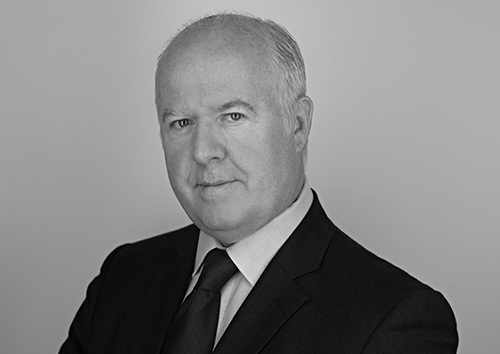There were no doubt a few rolled eyes recently at our story reporting that over half of adults do not trust financial advisers.
“Here we go again,” some might have thought and that’s understandable.
It’s true that trust has become a big issue for the financial adviser community over the past few years and reappears in headlines regularly.
The Personal Finance Society has regularly highlighted it as a pivotal issue holding back the development of the financial advice sector. So the key question is: why do members of the public not trust financial advisers?
If it’s any comfort advisers are not alone. Many surveys have suggested that consumers do not trust journalists either. And no I don’t understand that either.
The IPSOS-Mori Veracity Index published in 2020 - a long running survey of trust in the professions - rated nurses, doctors and engineers as the most trusted professions while politicians, government ministers and advertising executives were least trusted.
Three quarters of Britons say they trust care home workers and home delivery drivers. Other professions trusted by more than half of the public include the police, lawyers, civil servants and clergy/priests.
Just 13% trust ad execs, 15% politicians generally and 16% government ministers. Other professionals with negative net trust ratings include bankers, business leaders, professional footballers, estate agents and journalists. Only 23% of people trust journalists to tell the truth.
So that’s alright then? Well actually no. It doesn’t make sense.
Nurses and doctors the most trusted? We’ve had several cases of unlawful patient killing involving nurses in recent years and anyone remember Harold Shipman - the notorious serial killer GP? And there have been many cases of care home workers abusing or stealing from the elderly and vulnerable.
Blanket trust in these professions may well have proved not just dangerous but fatal in some cases despite the fact that, in general, they are widely respected and admired.
It just proves that there is more than an element of irrationality about trust. I’ve come across many friends and acquaintances who say they would never trust the financial advice sector in general and then go on to tell me their own IFA was worth his or her weight in gold. It simply doesn’t stack up. Trust is clearly a complex and fluid issue and perhaps based more on personal experience than we think.
There is no doubt the negative publicity about financial advisers in general creates a kind of ’trust fog’ which many consumers find impossible to see through. Every financial scam and fraud story, every FCA fine, every story about pension rip offs damages trust just a bit more but we cannot, of course, stop these stories and nor should we.
So why do we trust doctors and nurses in general despite the misdeeds of a minority in these professions and yet this does not apply to advisers?
I believe it may fundamentally be down to the titles themselves being respected. We know that no-one can call themselves a doctor unless they are professionally qualified and work in a tighly-regulated profession. The same applies to nurses. There is a minimum professional standard that the public understand and respect.
On balance, the public trust these professions. The IPSO survey found that 93% of people trusted nurses.
For the financial advice profession to achieve the same level of professional respect and deal with its ’trust issues’ it needs to achieve the same. The use of legally-protected titles such as Chartered Financial Planner and Certified Financial Planner must be more widespread and, crucially, understood by the public. Much progress has been made but there is still a long way to go to climb the trust mountain.
Kevin O’Donnell is editor of Financial Planning Today and a financial journalist with 30 years experience. This topical comment on the Financial Planning news appears most weeks. Follow @FPT_Kevin

